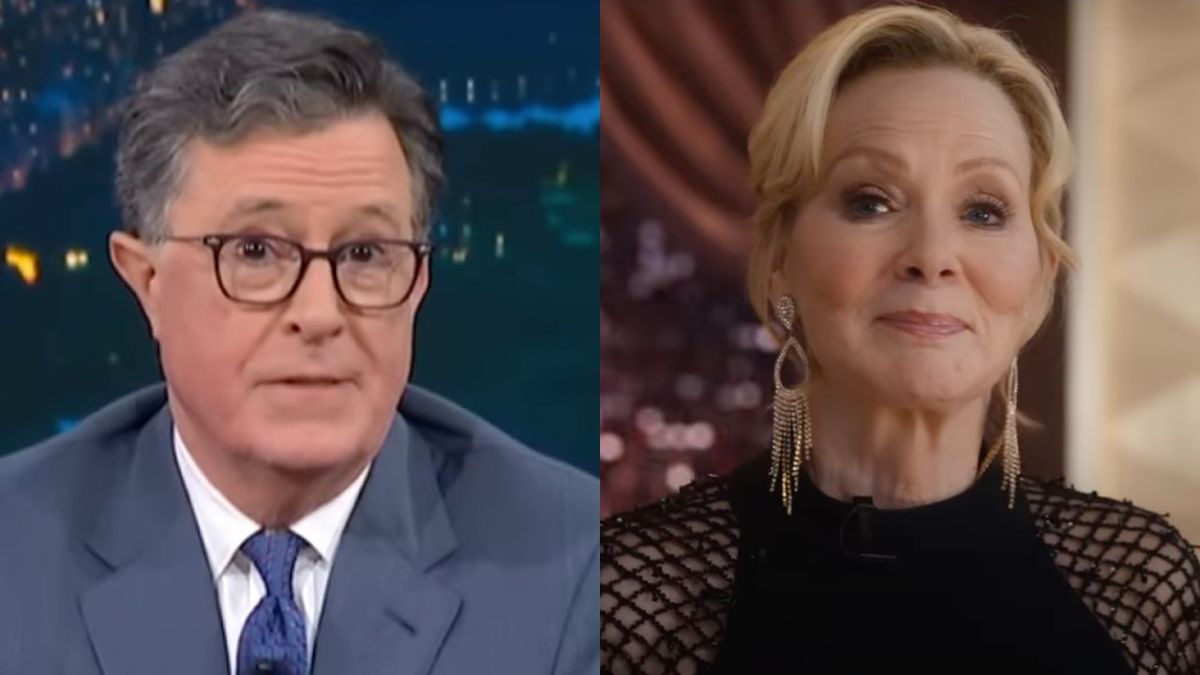Los Angeles / New York — The fourth season of HBO Max’s Hacks — a sharp, sometimes savage comedy about the business and politics of late-night TV — has suddenly felt less fictional and more prescient as real-world turmoil hit late-night programs this month. Storylines in the series about creative clashes, corporate pressure and public backlash mirror the headlines surrounding Jimmy Kimmel’s suspension and the broader industry fallout that followed.
In recent days, Kimmel’s brief removal from the air and his much-watched return spotlighted tensions between hosts, networks and powerful station groups — a dynamic Hacks dramatizes through its protagonist Deborah Vance’s fraught relationship with executives and the precarious economics of comedy. Colbert and other late-night figures responded to the Kimmel episode on their shows, underscoring how quickly internal disputes spill into public controversies for networks and talent.
Writers and showrunners behind Hacks have long mined the disconnect between on-stage persona and behind-the-scenes compromises; HBO’s official series descriptions and press materials emphasize the show’s center-stage focus on an aging comic trying to navigate changing cultural and commercial currents. That fiction — about editorial freedom bumping up against brand and corporate risk — now reads like a near-template for the real choices facing networks juggling audience outrage, affiliate pressure and regulatory attention.
Late-night’s response has been both theatrical and institutional. Peers used monologues and sketches to defend free expression and lampoon network decisions, while industry conversations moved quickly to legal, reputational and carriage implications — the exact tensions Hacks satirizes when it dramatizes executives weighing sponsorships, affiliates and PR. The solidarity onstage contrasted with the messy, market-level decisions being made offstage, including pre-emptions by some station groups.
For viewers and critics, the coincidence is more than a fun echo; it’s a reminder that contemporary TV drama and industry reality are in constant conversation. Shows like Hacks have always been workplace comedies with teeth — but when satire and reality align this closely, the show’s pointed critiques about the cost of outrage, the power of platform owners and the fragility of creative control become a useful lens for understanding ongoing late-night turbulence.










